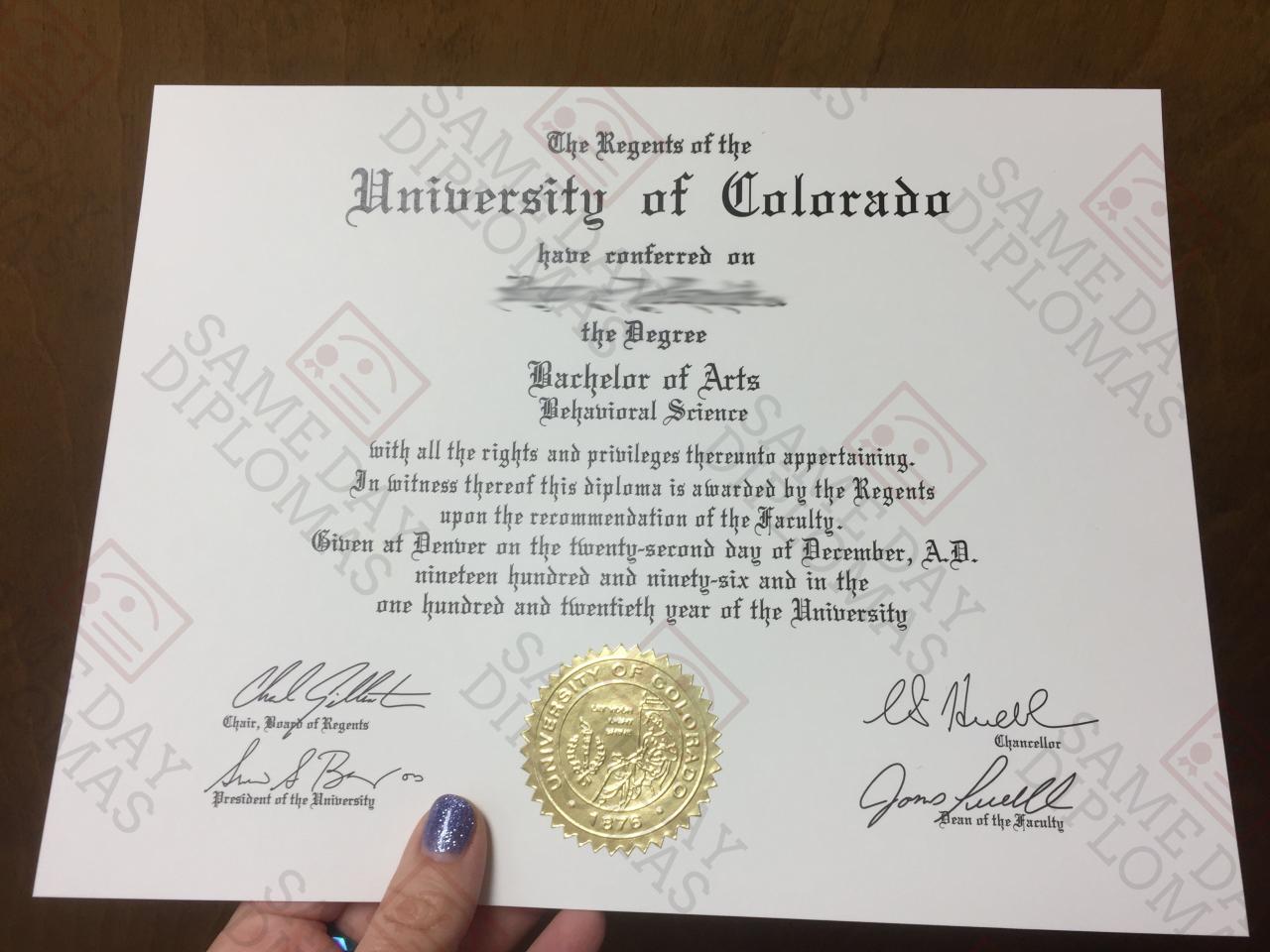
The Degree Bachelor of Arts, often abbreviated as BA, stands as a cornerstone of higher education, offering a pathway to a wide range of career options and intellectual pursuits. This degree, rooted in the liberal arts, emphasizes critical thinking, communication, and problem-solving skills, preparing graduates for success in a dynamic and ever-evolving job market.
The Bachelor of Arts degree encompasses a broad spectrum of disciplines, from the humanities and social sciences to the arts and communication. Whether your passion lies in literature, history, philosophy, psychology, or visual arts, a BA program can provide you with a solid foundation of knowledge and skills that are highly valued in today’s world.
What is a Bachelor of Arts Degree?
A Bachelor of Arts (BA) degree is a widely recognized undergraduate academic qualification that equips individuals with a broad and interdisciplinary foundation in the humanities, social sciences, and arts. It is a versatile degree that prepares graduates for diverse career paths and further academic pursuits.
Purpose and Nature of a Bachelor of Arts Degree
The purpose of a Bachelor of Arts degree is to cultivate critical thinking, communication, research, and analytical skills. It emphasizes the development of a well-rounded understanding of human culture, society, and the world. BA programs encourage students to explore different perspectives, engage in intellectual discourse, and develop their creative potential.
Areas of Study Covered in a BA Program
BA programs typically cover a broad range of disciplines, including:
- Humanities: Literature, history, philosophy, languages, religious studies, and art history.
- Social Sciences: Psychology, sociology, anthropology, political science, economics, and geography.
- Arts: Visual arts, music, theatre, dance, and creative writing.
Common Majors Offered Under a Bachelor of Arts Degree
BA programs offer a wide array of majors, reflecting the diverse fields of study covered. Some common examples include:
- English: Focuses on literature, writing, and language analysis.
- History: Explores past events, civilizations, and their impact on the present.
- Political Science: Analyzes political systems, institutions, and processes.
- Psychology: Studies human behavior, cognition, and mental processes.
- Sociology: Examines social structures, interactions, and inequalities.
- Art: Emphasizes artistic expression, techniques, and theories.
- Music: Explores musical theory, performance, and history.
- Theatre: Focuses on dramatic performance, production, and analysis.
Core Components of a BA Degree
A Bachelor of Arts (BA) degree is a comprehensive program that equips students with a broad range of knowledge and skills, preparing them for diverse career paths and intellectual pursuits. While the specific courses and requirements vary depending on the institution and chosen major, there are core components that form the foundation of a BA program.
The Importance of Liberal Arts Education
A BA curriculum emphasizes liberal arts education, which aims to develop critical thinking, communication, and problem-solving skills. The liberal arts approach fosters intellectual curiosity and a well-rounded understanding of the world. It encourages students to explore different disciplines and perspectives, promoting a holistic approach to learning.
Benefits of a Bachelor of Arts Degree: Degree Bachelor Of Arts
A Bachelor of Arts (BA) degree is a versatile and valuable credential that opens doors to a wide range of career paths and personal growth opportunities. The skills and knowledge gained through a BA program are highly sought after in today’s dynamic and competitive job market.
Career Paths and Opportunities
A BA degree equips graduates with a broad range of skills and knowledge that are transferable across industries and professions. This versatility makes BA graduates highly sought after by employers in diverse sectors.
- Business and Management: BA graduates with strong communication, analytical, and problem-solving skills are well-suited for roles in business development, marketing, human resources, finance, and project management. For example, a BA in Business Administration can lead to careers as management consultants, market research analysts, or financial analysts.
- Education and Research: A BA degree is a foundational requirement for pursuing advanced degrees in education, social sciences, humanities, and the arts. It prepares graduates for careers as teachers, researchers, librarians, and museum curators. For instance, a BA in History can open doors to careers as historians, archivists, or museum educators.
- Media and Communication: The communication and critical thinking skills honed through a BA program are essential for careers in journalism, public relations, advertising, and digital media. For example, a BA in Communication can lead to careers as journalists, public relations specialists, or social media managers.
- Government and Public Service: BA graduates with strong analytical, research, and communication skills are well-suited for roles in government agencies, non-profit organizations, and advocacy groups. For instance, a BA in Political Science can lead to careers as policy analysts, political consultants, or government officials.
- Law and Justice: A BA degree can serve as a foundation for a legal career. It provides a strong understanding of critical thinking, research, and legal principles, preparing graduates for law school or other legal professions. For example, a BA in Law or Criminology can lead to careers as paralegals, legal assistants, or criminal justice professionals.
Types of Bachelor of Arts Degrees
A Bachelor of Arts (BA) degree is a versatile academic credential that can open doors to a wide range of career paths. While the core components of a BA degree often include humanities and social sciences, there are numerous specializations within this broad field, leading to a diverse array of BA degrees.
Types of Bachelor of Arts Degrees
A Bachelor of Arts degree can be tailored to a variety of interests, leading to specialized knowledge and skills. Here is a table showcasing some common types of BA degrees, their focus areas, potential career paths, and example institutions offering them:
| Degree Type | Focus Area | Common Career Paths | Example Institutions Offering the Degree |
|---|---|---|---|
| BA in English | Literature, writing, language, communication | Writer, editor, journalist, teacher, librarian, public relations specialist | Harvard University, Yale University, University of Oxford |
| BA in History | Past events, cultures, societies, historical analysis | Historian, archivist, museum curator, teacher, researcher, journalist | Stanford University, University of Cambridge, Columbia University |
| BA in Psychology | Human behavior, mental processes, cognitive development | Psychologist, counselor, social worker, researcher, human resources specialist | University of California, Berkeley, University of Pennsylvania, University of Toronto |
| BA in Political Science | Government, politics, political systems, public policy | Politician, political analyst, policy advisor, diplomat, lobbyist, journalist | Princeton University, University of Chicago, London School of Economics |
| BA in Sociology | Social structures, relationships, institutions, cultural trends | Sociologist, market researcher, social worker, policy analyst, journalist | University of Michigan, University of California, Los Angeles, University of Edinburgh |
| BA in Economics | Economic principles, markets, finance, resource allocation | Economist, financial analyst, market researcher, policy advisor, data analyst | Massachusetts Institute of Technology, University of Oxford, University of California, San Diego |
| BA in Philosophy | Ethics, logic, metaphysics, epistemology, critical thinking | Philosopher, teacher, researcher, writer, ethicist, policy analyst | University of California, Berkeley, University of Oxford, Stanford University |
| BA in Art History | Visual arts, artistic movements, historical context, cultural significance | Art historian, museum curator, art critic, gallery manager, teacher | Columbia University, University of California, Berkeley, University of Oxford |
| BA in Music | Music theory, performance, composition, history, ethnomusicology | Music teacher, musician, composer, music therapist, music critic | Juilliard School, Berklee College of Music, Royal College of Music |
| BA in Theatre Arts | Acting, directing, playwriting, design, technical theatre | Actor, director, playwright, stage manager, theatre critic, teacher | Yale School of Drama, Juilliard School, Royal Academy of Dramatic Art |
BA Degree vs. Bachelor of Science (BS)

Choosing between a Bachelor of Arts (BA) and a Bachelor of Science (BS) degree can be a daunting task, especially for students navigating their academic and career aspirations. Both degrees offer valuable knowledge and skills, but they differ in their focus and prepare students for distinct career paths.
Key Differences Between BA and BS Degrees
The fundamental distinction between BA and BS degrees lies in their emphasis on different areas of study. BA degrees typically prioritize liberal arts subjects, fostering critical thinking, communication, and analytical skills. Conversely, BS degrees focus on scientific and technical fields, equipping students with specialized knowledge and practical applications.
Skills and Knowledge Emphasized in BA and BS Degrees
- BA degrees emphasize critical thinking, communication, and analytical skills through courses in humanities, social sciences, and the arts. These degrees foster a broad understanding of diverse perspectives and cultivate skills in research, writing, and problem-solving.
- BS degrees prioritize specialized knowledge and practical applications in science, technology, engineering, and mathematics (STEM) fields. These degrees equip students with technical skills, scientific methodology, and hands-on experience in their chosen field.
Suitability of BA and BS Degrees for Different Career Paths
- BA degrees are well-suited for careers in fields like education, law, journalism, marketing, and public relations, where strong communication, analytical, and critical thinking skills are highly valued.
- BS degrees are ideal for careers in STEM fields, such as engineering, computer science, healthcare, and research, where specialized technical knowledge and practical skills are essential.
Examples of BA and BS Degree Programs
- BA Degrees: English, History, Political Science, Psychology, Sociology, Fine Arts, Music, Theatre.
- BS Degrees: Biology, Chemistry, Physics, Computer Science, Engineering, Nursing, Mathematics, Statistics.
Choosing a Bachelor of Arts Degree

Choosing a Bachelor of Arts (BA) degree program is a significant decision, and it’s essential to approach it thoughtfully. You’re not just choosing a major, but you’re setting the foundation for your future career and personal development.
Factors to Consider, Degree bachelor of arts
The selection process involves evaluating your personal interests, career aspirations, and academic strengths. This involves a deep understanding of your passions, your desired career path, and your strengths in different academic subjects.
- Personal Interests: What subjects genuinely excite you? What topics do you find yourself naturally drawn to? Your passion will fuel your motivation and engagement throughout your studies. For instance, if you’re passionate about history, a BA in History might be a great fit.
- Career Goals: What kind of career do you envision for yourself? Research the educational requirements for your desired field. Some careers may necessitate a specific BA degree, while others may be more flexible. For example, a BA in English might prepare you for careers in journalism, publishing, or teaching.
- Academic Strengths: What subjects do you excel in? Are you naturally gifted in writing, critical thinking, or research? Consider your academic strengths when choosing a major, as it will impact your success in your chosen program.
Researching Universities and Programs
Once you have a better understanding of your interests, goals, and strengths, you can start researching universities and BA programs that align with your aspirations.
- University Reputation: Consider the university’s academic reputation, faculty expertise, and resources. Look for institutions known for strong programs in your chosen field. Reputable universities often have strong alumni networks and can provide valuable career connections.
- Program Curriculum: Carefully review the program curriculum to ensure it covers the topics you’re interested in. Look for courses that align with your career goals. Some programs may offer specializations or concentrations that allow you to tailor your studies to your specific interests.
- Faculty Expertise: Research the faculty members in the program. Look for professors who are experts in their fields and have published research or industry experience. A strong faculty can provide valuable mentorship and guidance.
- Student Resources: Consider the student resources available at the university, such as career services, academic advising, and research opportunities. These resources can provide support throughout your studies and help you achieve your career goals.
Additional Tips
It’s also essential to consider the following:
- Cost: Tuition fees, living expenses, and other costs associated with university can vary significantly. Research the financial aid options available and create a budget to ensure you can afford your chosen program.
- Location: Think about the location of the university. Do you prefer a large city or a smaller town? Consider the proximity to your desired career opportunities and your personal preferences.
- Campus Culture: Visit the university campus if possible to get a sense of the campus culture and student body. Talk to current students to learn about their experiences and the overall atmosphere.
Continuing Education after a BA
A Bachelor of Arts degree is a valuable stepping stone, but many graduates choose to further their education. This can lead to specialized knowledge, higher earning potential, and increased career opportunities.
Master’s Degrees and Beyond
Pursuing a Master’s degree is a common path for BA graduates. This advanced degree deepens knowledge and skills in a chosen field, leading to greater career flexibility and potential for leadership roles.
“Master’s degrees can be a valuable investment, as they often lead to higher salaries and greater career opportunities.”
Beyond the Master’s, doctoral degrees (Ph.D.) are pursued by those seeking research-oriented careers or advanced teaching positions.
Specialized Programs for BA Graduates
BA graduates have a wide range of specialized programs to choose from. These programs can be tailored to specific career interests or industry needs.
- Certificate Programs: Short-term programs focused on specific skills, like project management or digital marketing, are ideal for career advancement.
- Professional Development Courses: These courses can enhance skills in areas like leadership, communication, or technology, making graduates more competitive in the job market.
- Online Learning: Online programs offer flexibility and accessibility, allowing graduates to continue their education while working or managing other commitments.
Last Recap

Earning a Bachelor of Arts degree can be a transformative experience, equipping you with the knowledge, skills, and perspectives to navigate a complex world. Whether you choose to pursue a career directly after graduation or continue your education with advanced studies, a BA degree serves as a strong foundation for personal and professional growth. The versatility of this degree opens doors to a myriad of opportunities, allowing you to make a meaningful contribution to society while pursuing your passions.
Question Bank
What are some popular BA majors?
Common BA majors include English, History, Psychology, Sociology, Political Science, Art, Music, and Journalism.
Is a BA degree suitable for STEM fields?
While a BA is generally associated with non-STEM fields, some BA programs offer specialized tracks that can prepare students for STEM careers. For example, a BA in Mathematics with a focus on data science could be relevant for careers in technology.
What are the job prospects for BA graduates?
BA graduates are well-prepared for a variety of careers, including teaching, research, writing, communication, marketing, public relations, social work, and government service. The specific career options will depend on the chosen major and the skills developed during the program.




